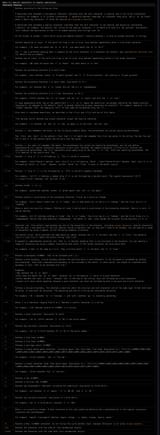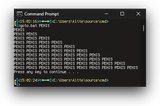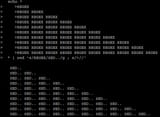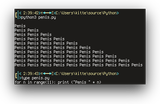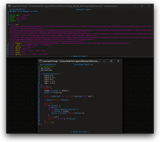Anonymous
7/11/2025, 9:37:08 PM
No.105873324
[Report]
>>105873392
>>105873496
>>105873516
>>105873540
>>105874047
>>105875694
>>105876260
>>105879673
>>105883207
>>105893513
>>105893819
>>105899900
>REGEX
>REGEX REGEX
>REGEX REGEX REGEX
>REGEX REGEX REGEX REGEX
>REGEX REGEX REGEX REGEX REGEX
>REGEX REGEX REGEX REGEX REGEX REGEX
>REGEX REGEX REGEX REGEX REGEX REGEX REGEX
>REGEX REGEX REGEX REGEX REGEX REGEX REGEX REGEX
>REGEX REGEX REGEX REGEX REGEX REGEX REGEX REGEX REGEX
>REGEX REGEX REGEX REGEX REGEX REGEX REGEX REGEX REGEX REGEX
>REGEX REGEX
>REGEX REGEX REGEX
>REGEX REGEX REGEX REGEX
>REGEX REGEX REGEX REGEX REGEX
>REGEX REGEX REGEX REGEX REGEX REGEX
>REGEX REGEX REGEX REGEX REGEX REGEX REGEX
>REGEX REGEX REGEX REGEX REGEX REGEX REGEX REGEX
>REGEX REGEX REGEX REGEX REGEX REGEX REGEX REGEX REGEX
>REGEX REGEX REGEX REGEX REGEX REGEX REGEX REGEX REGEX REGEX


